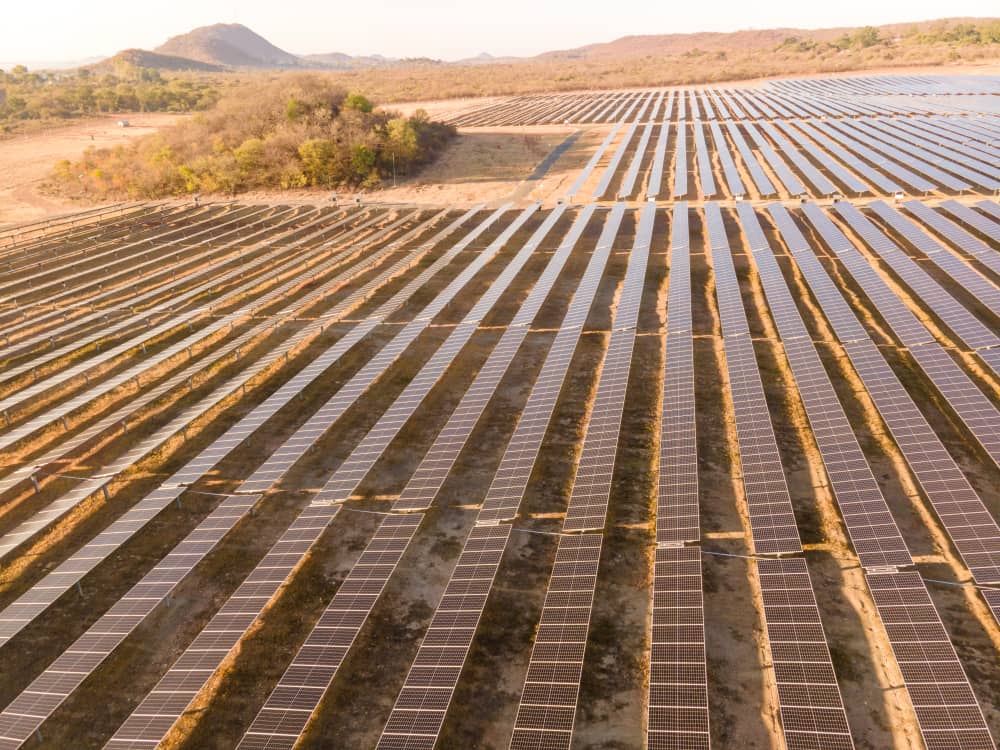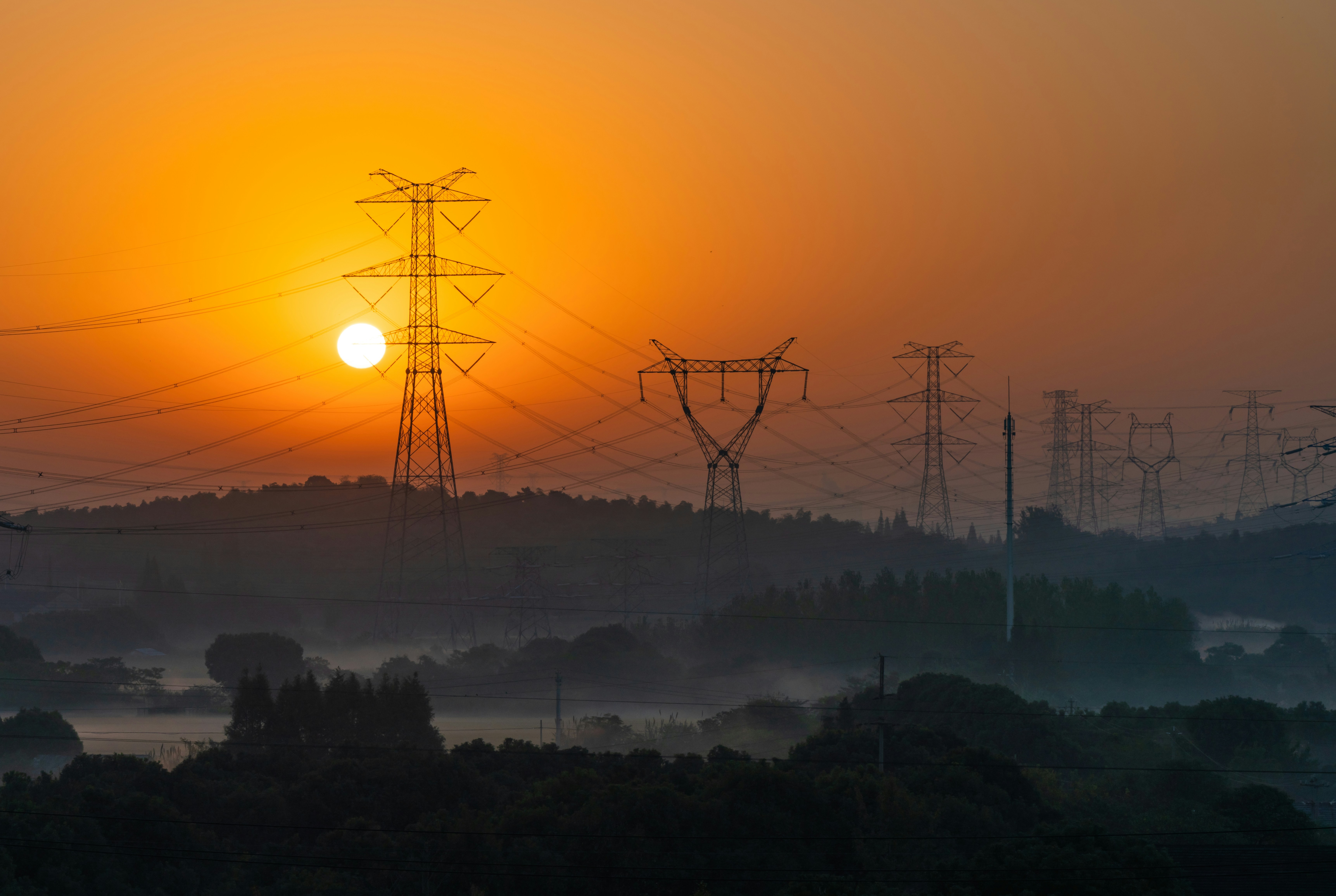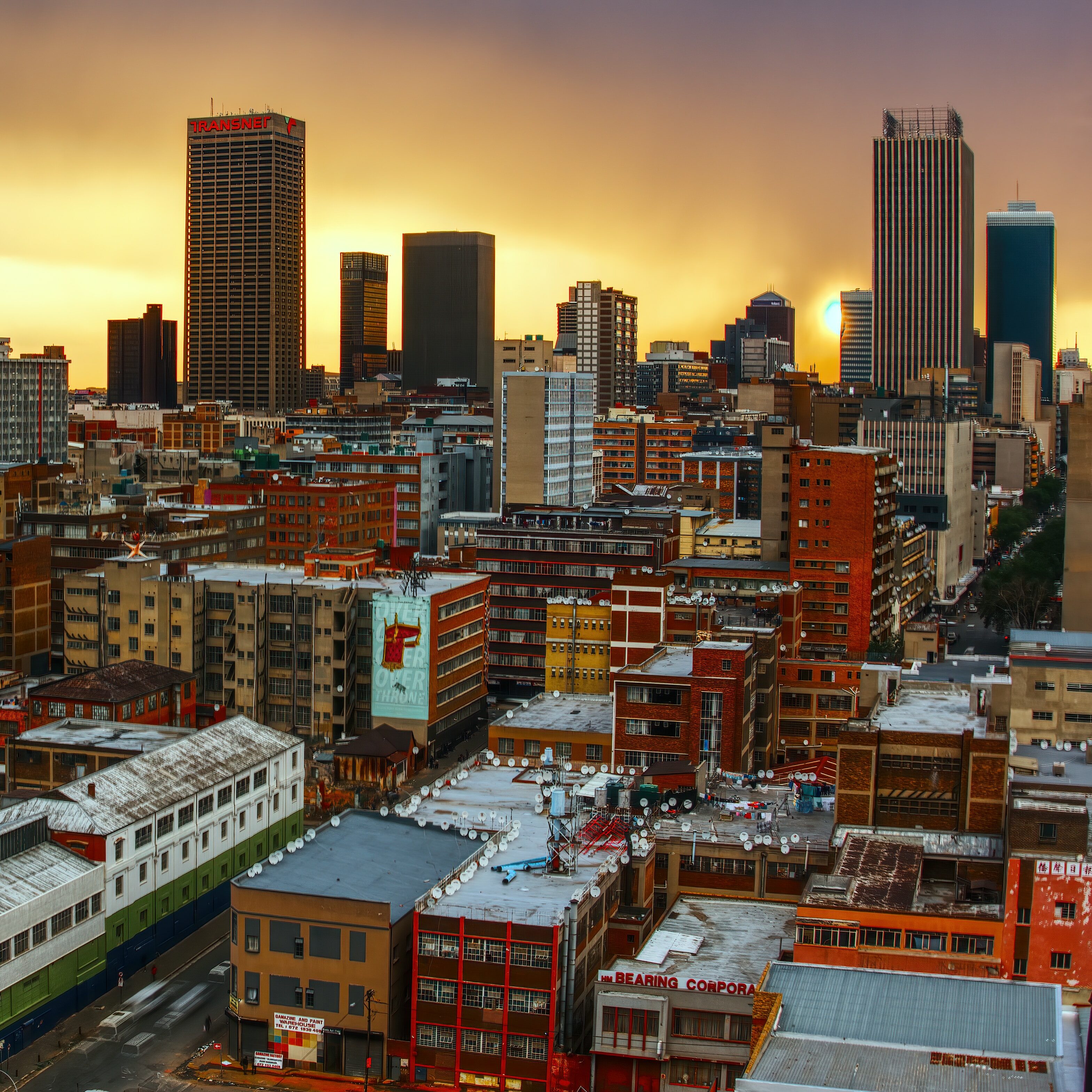
Distributed Energy Resources regulation market highlight: Zimbabwe
Our white paper on Distributed Energy Resources (DERs) Regulatory Building Blocksexamines the regulatory treatment of DERs in Africa and categorizes markets based on their level of DER integration into previously centralized energy systems.
This is the second in a series of blogs that highlight features of CBE’s DER regulatory framework in different countries according to the market stages we set out in the White paper (centralized control, cautious co-existence, directed benefits, and early market management). Read the first blog on the Democratic Republic of the Congo.
DER regulations country profile: Zimbabwe
Background
- Zimbabwe has a significant electricity supply deficit – In 2020, the available generation capacity was 1,585 MW compared with a peak demand of 1,900 MW
- Zimbabwe imports a significant amount of electricity from South Africa, Mozambique, and Zambia to address this shortfall. In 2022, Zimbabwe imported 2,303 GWh of electricity, according to the Zimbabwe National Statistics Agency
- Mining, heavy industry, and agricultural sectors account for 50% of Zimbabwe’s energy demand
Whilst some markets in Africa seek to restrict DERs from industrial businesses to protect the revenue of loss-making centralized utilities, Zimbabwe is different. Given its significant supply deficit, Zimbabwe needs DERs to supply industrial energy consumers to free up generation capacity for other customers. Power shortages resulting from the capacity shortfall and aging infrastructure are estimated to cost the country 6.1% of GDP per year. At the 2024 Africa Energy Forum in Barcelona, H.E Edgar Moyo, Zimbabwe Minister of Energy and Power Development, stressed the importance of DERs in serving the existing mining and industrial sectors and driving the future growth of these sectors.
Under the Zimbabwe Energy Regulatory Authority (ZERA), Zimbabwe has implemented a conducive regulatory framework for DERs. Under this framework, ZERA has licensed nearly 200MW of on-site DERs for industrial energy consumers, advancing several projects to date. A number of these projects are over 50MW in size, demonstrating the advancement of DERs from small-scale roof-top installations to large multi-technology solutions. These DERs can provide for the entire energy needs of intensive mining and heavy industry operations.
Indicators of the right building blocks for a functioning DER sector in Zimbabwe
- Primary Legislation in place – The Electricity Act establishes that licenses are required for the generation, transmission, and supply of electricity (Section 40)
- Generation licenses are granted for own consumption, for export to the utility ZETDC, or to an identified consumer through a private PPA
- No restrictions exist limiting which consumers are entitled to receive power from DERs, or what percentage of their demand can be provided from DERs
- Zimbabwe has also established net-metering and wheeling schemes, demonstrating features of a more advanced DER regulatory framework
Zimbabwe has sought to deliver a regulatory framework that encourages the private sector to address the specific energy challenges the country faces. The number and size of DER projects progressing shows that this framework has been successful in attracting DER developers into the market. The presence of more advanced regulatory mechanisms such as net-metering and wheeling demonstrates how DERs are effectively co-existing with the utility.
However, there are still regulatory improvements Zimbabwe could make to drive the further deployment of DERs.
Zimbabwe’s DER regulation uncertainties
- Licensing timelines: The ZERA board sits quarterly to approve generation licenses. The timeline for securing approvals is therefore heavily dictated by an application’s submission date and the board’s next sitting. This can create uncertainty and delays in securing approvals
- High wheeling fees: Despite having a wheeling framework in place, the latest fees negotiated with The Zimbabwe Electricity Transmission and Distribution Company (ZETDC) are much higher than other markets. ZERA has approved a transmission-connected wheeling fee of US 1.25 cents/kWh with the Intensive Energy User Group, which is much higher than wheeling fees in Nigeria and South Africa (< US 1 cent/kWh). These high fees make wheeling projects in Zimbabwe financially challenging to deliver
- Licensing thresholds: Given the number and size of DER projects being taken forward, ZERA could consider implementing different licensing thresholds. Currently a 105 kW DER project and a 50 MW DER project must go through the same licensing process. Reducing the burden for smaller projects which have a smaller impact on the system could result in even more DER projects being taken forward
Summary
Based on our assessment, Zimbabwe is among the few countries in Africa to be moving towards Stage 2 of DER regulatory development, as set out in our White Paper. Rather than seeking to restrict or cautiously control DERs, Zimbabwe is actively encouraging them. ZERA proactively engages with international investors to showcase the opportunities for DERs in Zimbabwe and, in our experience, work well with other agencies such as the Zimbabwe Investment and Development Agency (ZIDA). Zimbabwe could unlock further deployment of DERs by reducing the regulatory burden for smaller projects and shortening the licensing timeline for all projects. The combination of a large customer base, and a conducive regulatory framework, makes Zimbabwe a market of significant interest for DER developers.



